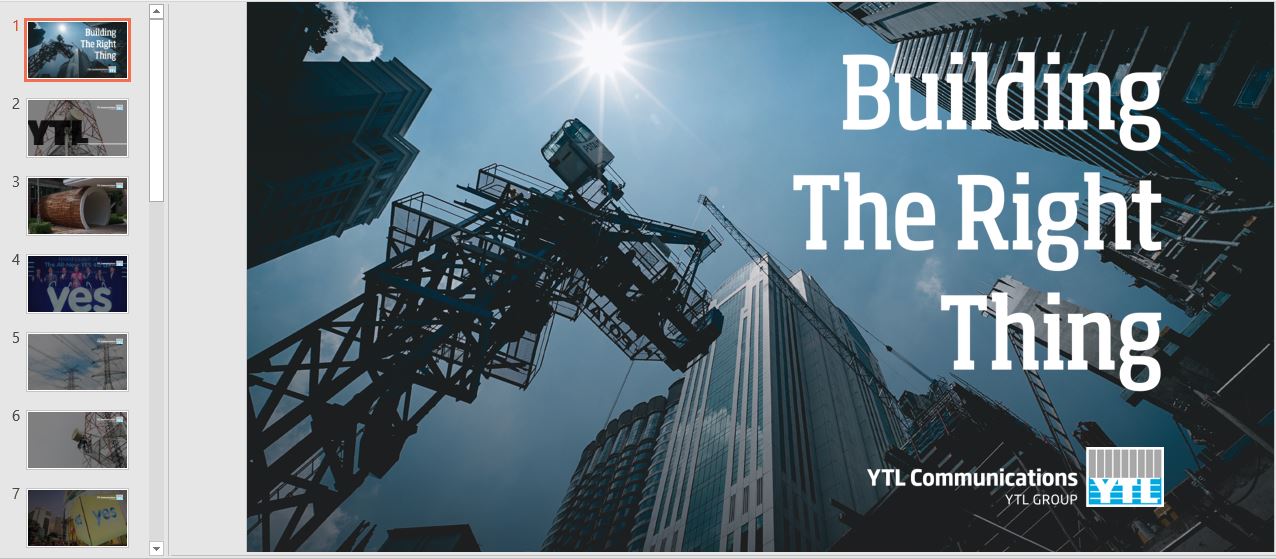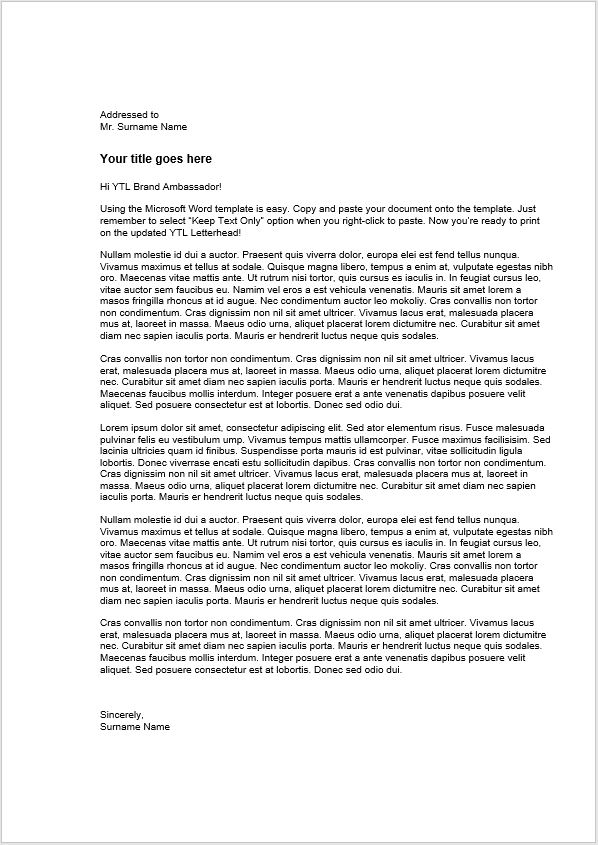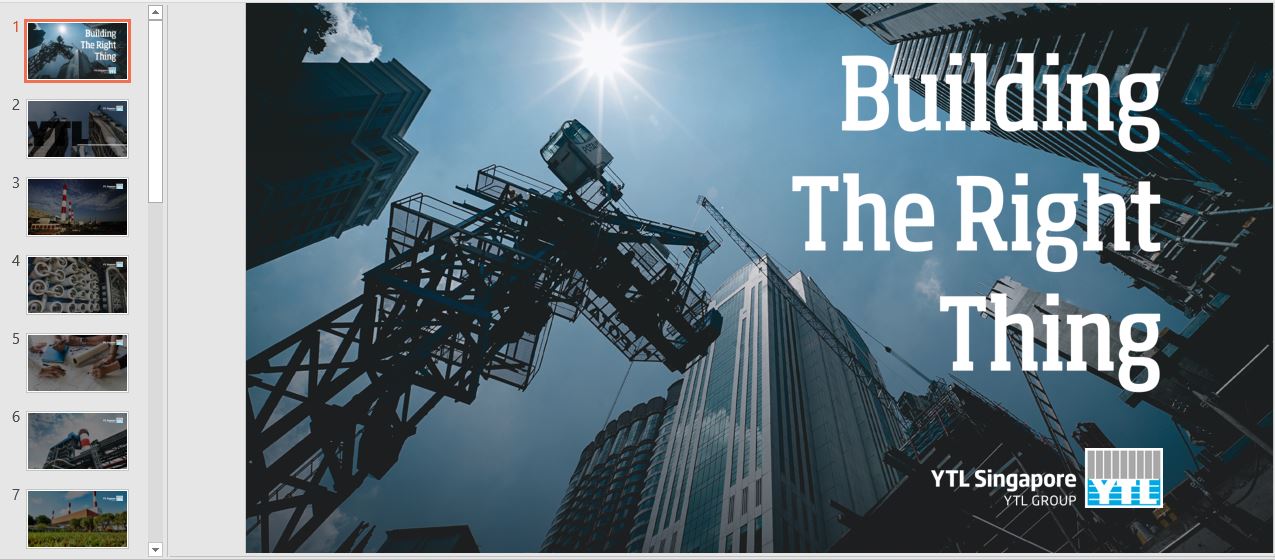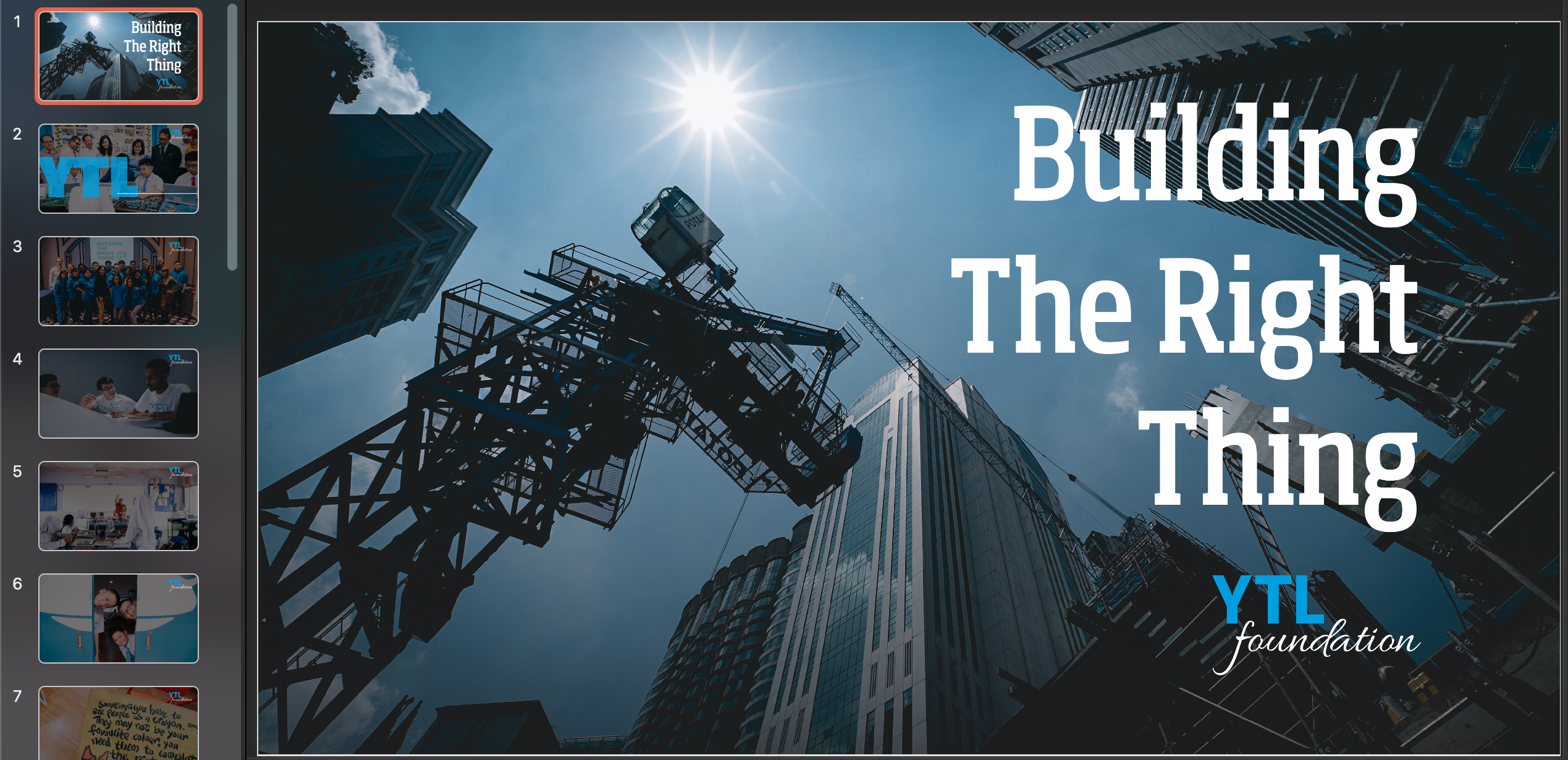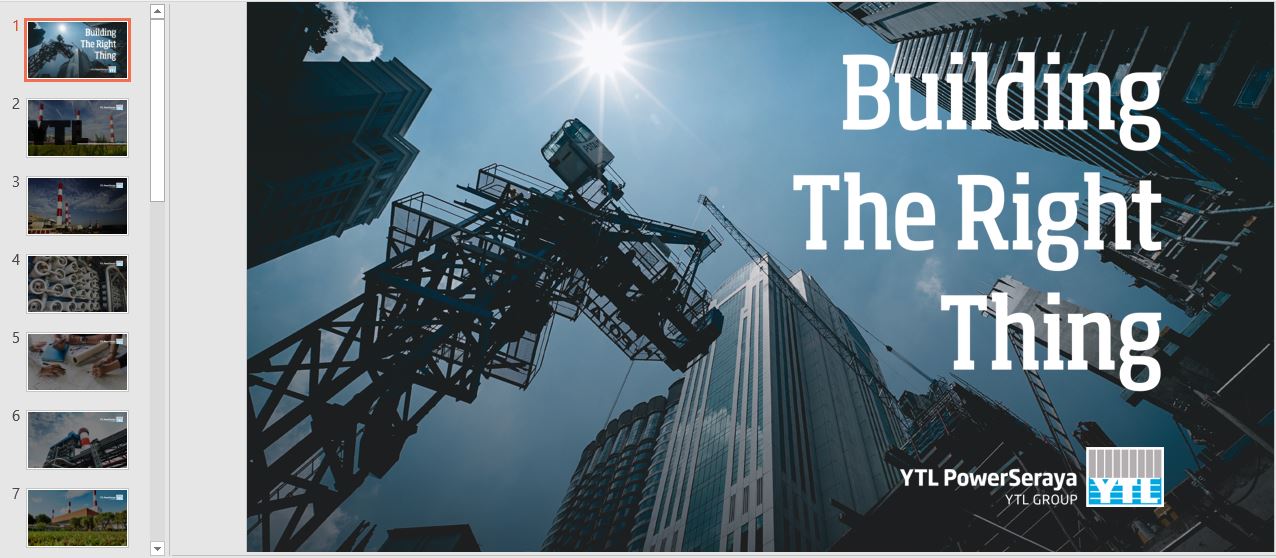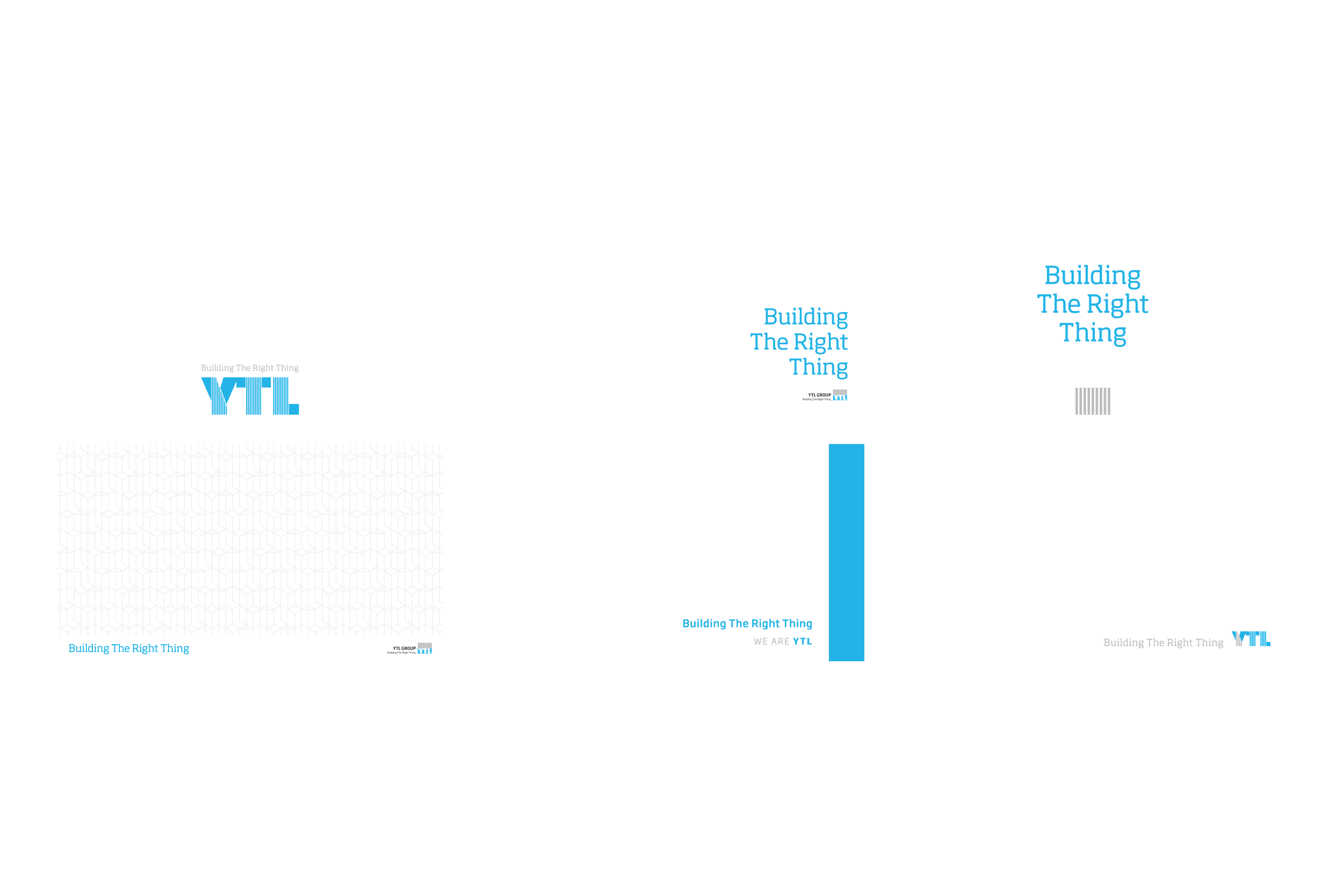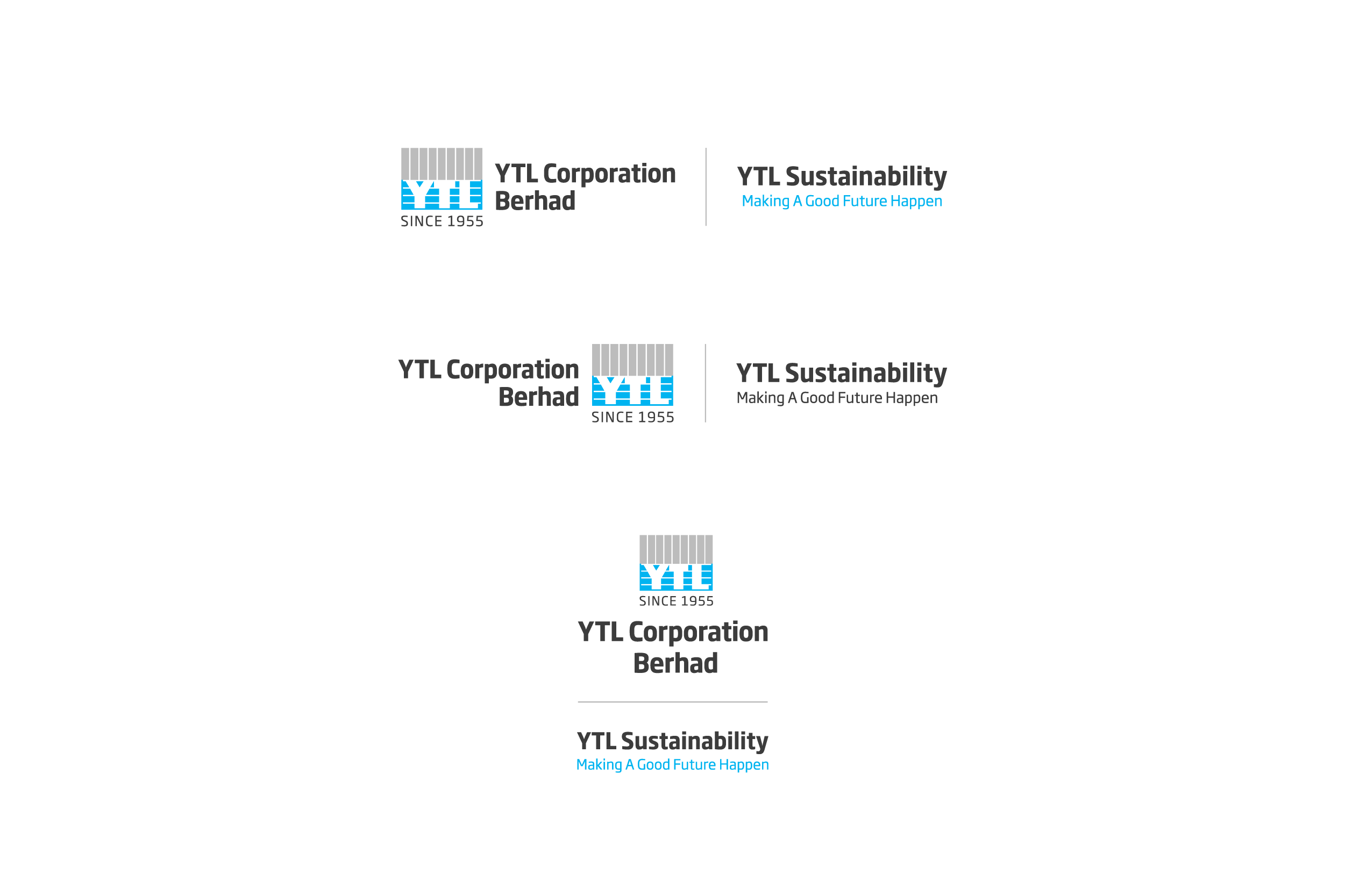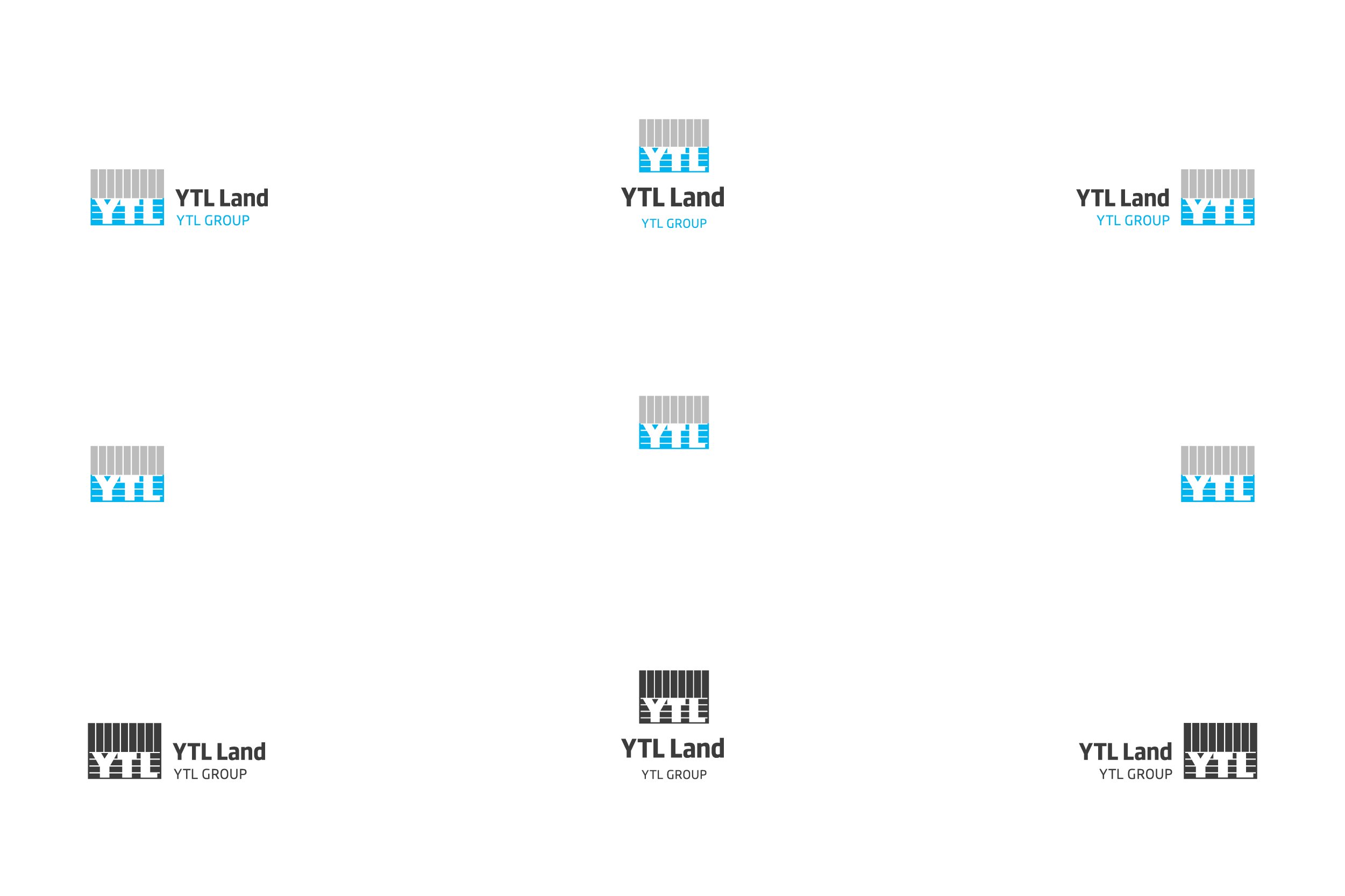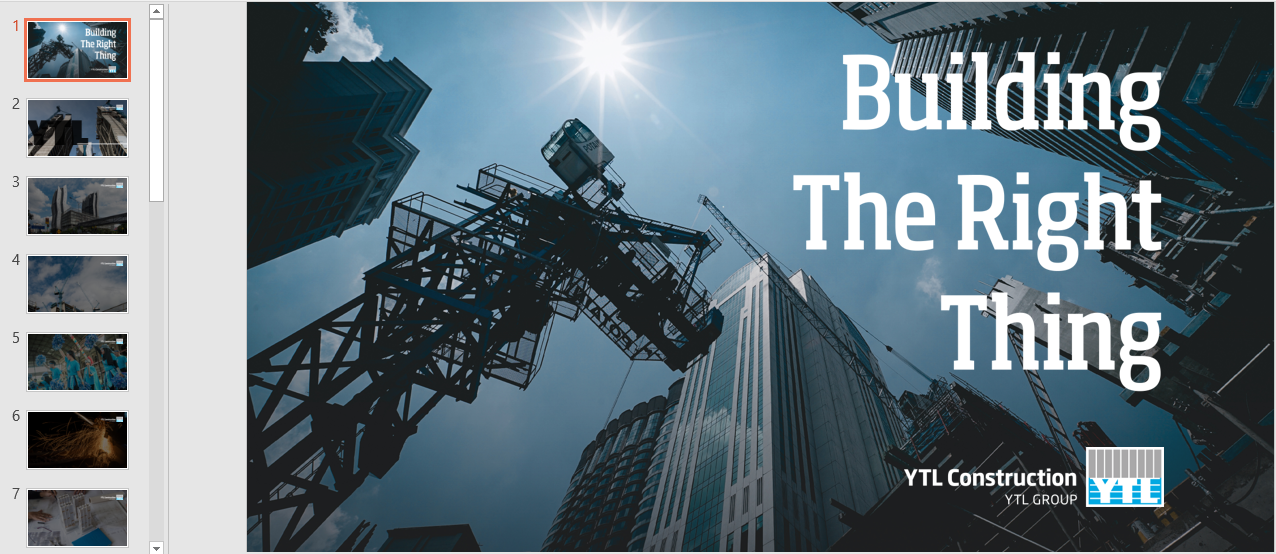by Athirah Sofea
Most of the time, when we’re out, we see people engaged with their smartphones or hooked on browsing the internet, instead of connecting and having meaningful human interactions.
 People phub (an act known as “phubbing”, or phone snubbing – ignoring people in favour of a phone) in all situations: While commuting, while waiting for the bus, at the dinner table and in bed.
People phub (an act known as “phubbing”, or phone snubbing – ignoring people in favour of a phone) in all situations: While commuting, while waiting for the bus, at the dinner table and in bed.
In today’s fast-paced digital age, it’s easy to become overwhelmed by the constant barrage of notifications, updates, and digital distractions, which can negatively impact our mental health and hinder genuine connections.
Amidst our high-speed and hyperconnected lifestyles, it’s important to find a balance between staying connected and achieving inner peace. By consciously embracing moments of disconnection, we can reduce stress, enhance productivity, and establish deeper connections with ourselves and others.
Below are the strategies on how you can live a more mindful life, through the art of disconnecting.
- Establish designated “no tech” times or days
Create specific time slots or entire days where you disconnect from electronics and social media. Use this time to engage in activities that nourish your mind, body, and soul, at the same time, foster meaningful interactions.
- Create tech-free zones
Designate certain areas in your home as “no electronics” zones, such as bedrooms, dining areas, or relaxation spaces. By setting boundaries, you can create opportunities for meaningful discussions and focus on the present moment.
- Find alternative activities
Discover hobbies or activities that captivate your interest and provide a break from screens. Engage in physical exercise, explore nature, read books, practice mindfulness, or pursue creative outlets like painting, cooking, or playing an instrument. These activities not only distract from the absence of technology but also enhance your overall well-being.
- Prioritise self-care
Cultivate a healthy balance between digital consumption and personal well-being by focusing on self-care practices such as meditation, journaling, or taking long walks.
- Foster authentic connections
Prioritise face-to-face interactions and quality time with loved ones. Engage in meaningful conversations and organise social activities where digital devices are discouraged.

By embracing the strategies above, you can reclaim control over your digital life and rediscover the joy and fulfilment that the offline world has to offer. Unplugging allows you to tap into your creativity, nurture genuine relationships, and prioritise self-care. So, let’s unplug, recharge, and embark on a journey of rediscovery that extends far beyond the limitations of our screens.






